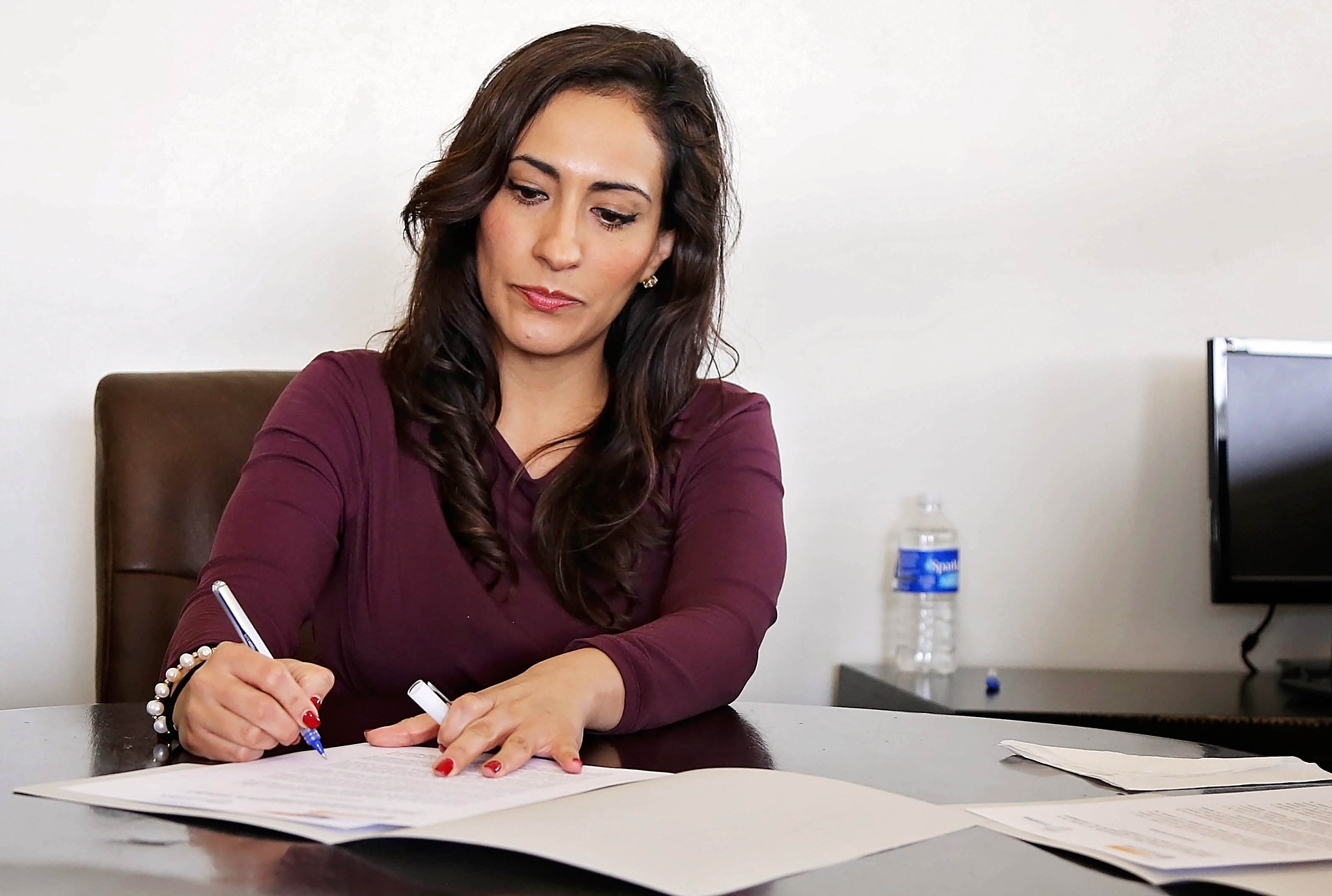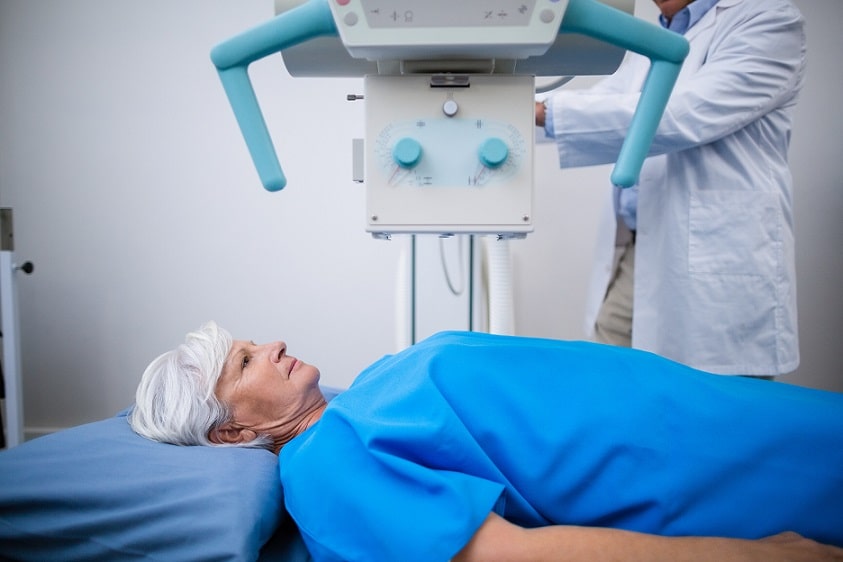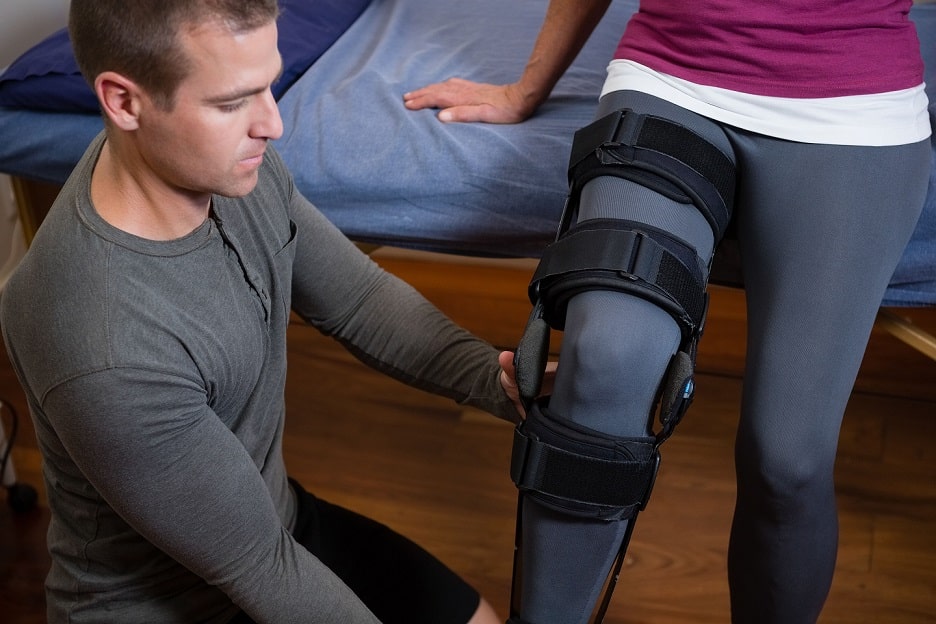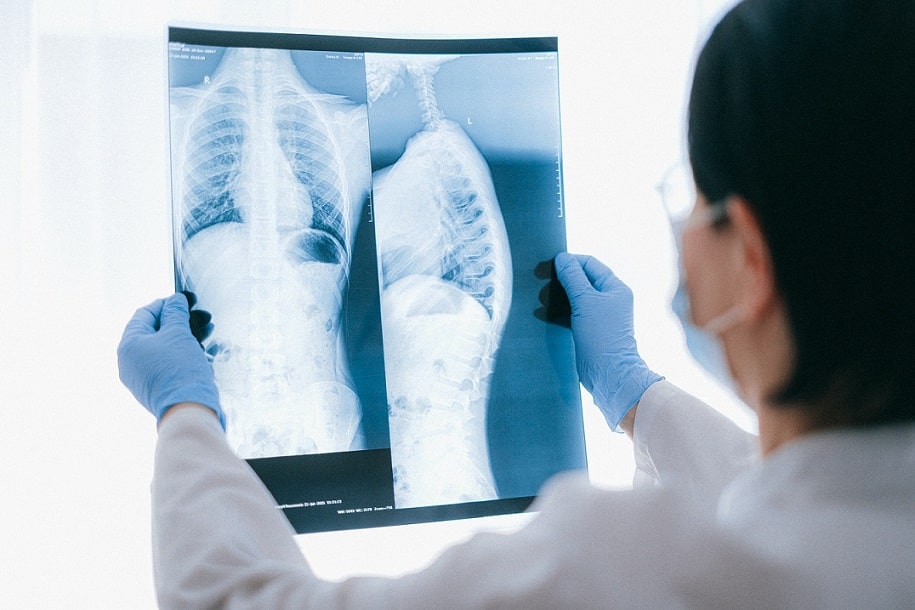 In today’s current economic climate, it isn’t easy to find a new job. When you do get a new job, you want to make sure you make a fantastic impression and go the extra mile so you pass the probationary period and settle in to a new career. But as with anything in life, things don’t always go the way you plan them.
In today’s current economic climate, it isn’t easy to find a new job. When you do get a new job, you want to make sure you make a fantastic impression and go the extra mile so you pass the probationary period and settle in to a new career. But as with anything in life, things don’t always go the way you plan them.
Having an accident at work can be stressful enough – having one in a new job can be even worse. The thing is, your wellbeing is the responsibility of your employer, so when you start a new job, it’s your employers responsibility to make sure that you are quickly trained in all things health and safety, and that you are trained in how to use equipment and do your job without ending up injured.
Firms should have a health and safety induction. It’s not the most thrilling thing in the world to read through pages and pages of information that ranges from important manual handling training to how to wash your hands properly; but it has to be done. But what I want to focus on more, in this blog post, is starting a new job where there is a very real risk of being injured quite easily.
Classic examples would be industries like working in a warehouse, a factory, or in construction. In a new environment you may be required to use new tools and new equipment; like an angle grinder you have never used before, or an industrial printing machine, or something like that. Many of these tools and machinery have dangerous parts that could cut, crush, or generally injure a part of your body. This is where your employer’s responsibility comes in to play.
It is the responsibility of your employer to properly train you in how to use any equipment that may cause you harm. If there is a risk of injury, you should be warned and trained to make sure it doesn’t happen. You should immediately be provided with personal protective equipment (PPE) if this is a requirement of the role. There should be no waiting around for your size to be ordered in – it should be ready for you to work with, or your employer should refrain from exposing you to any risk that you need PPE to protect you from. The provision of PPE is the responsibility of your employer, and you should not be expected to provide your own. You should be guided and instructed in how to use the PPE to keep you safe.
Even if you have worked in similar industries in all your life your employer should make sure that any unfamiliar equipment or ways of working are covered in quality training. Failing to do this leads to easily preventable injuries, and your right to make a claim for personal injury compensation. Your employer has a duty to have a policy of employer’s liability insurance to cover all employees for accidents in the line of duty. It doesn’t matter if it’s your first day – you’re still covered.
By law, you are legally protected when making a claim. By this I mean you cannot be treated any differently or dismissed for making a claim. Most employers are quite happy for you to claim as they have to have insurance to claim from anyway. It’s quite common nowadays for employers to actually tell you to get an injury lawyer and make a claim. At the end of the day, you’ve been injured in an accident through no fault of your own – you deserve compensation for what’s happened.
As well as being expert injury lawyers, we pride ourselves on being honest. Now, as I said above, you’re protected by law when making a claim. But we of course do understand that you may be very afraid to make a claim given that you are in your probationary period and you don’t want to cause any bad blood by making a claim. You’re covered by law – remember that – and remember that you normally have three years from the date of an accident to make a claim. The best advice I can give you is to contact us and speak to us about your options for claiming and let us try and put your mind at ease.

 In today’s current economic climate, it isn’t easy to find a new job. When you do get a new job, you want to make sure you make a fantastic impression and go the extra mile so you pass the probationary period and settle in to a new career. But as with anything in life, things don’t always go the way you plan them.
In today’s current economic climate, it isn’t easy to find a new job. When you do get a new job, you want to make sure you make a fantastic impression and go the extra mile so you pass the probationary period and settle in to a new career. But as with anything in life, things don’t always go the way you plan them.









